In a move that reignites the debate surrounding the UK’s TV Licence fee, the government has today officially responded to a public petition calling for the abolition of the fee.
The petition, accumulating 15,864 signatures in six months and thus necessitating a government response, stated: “We want the Government to abolish TV Licence fees for everyone. We believe this is an outdated and unwanted system, that can put people into debt.”
The government’s response has been eagerly awaited, especially given the rising rates of TV Licence fee evasion and the ongoing discussions about the BBC’s funding model.
The government’s answer suggests that big changes might be on the horizon.
According to the response, the government is considering “all possible future funding options,” setting the stage for potential reforms that could transform the UK’s media landscape.
The TV Licence Fee: Who Needs To Pay?
The TV Licence fee, a mandatory annual charge for all UK households, businesses, and organisations, is currently the primary source of funding for the BBC.
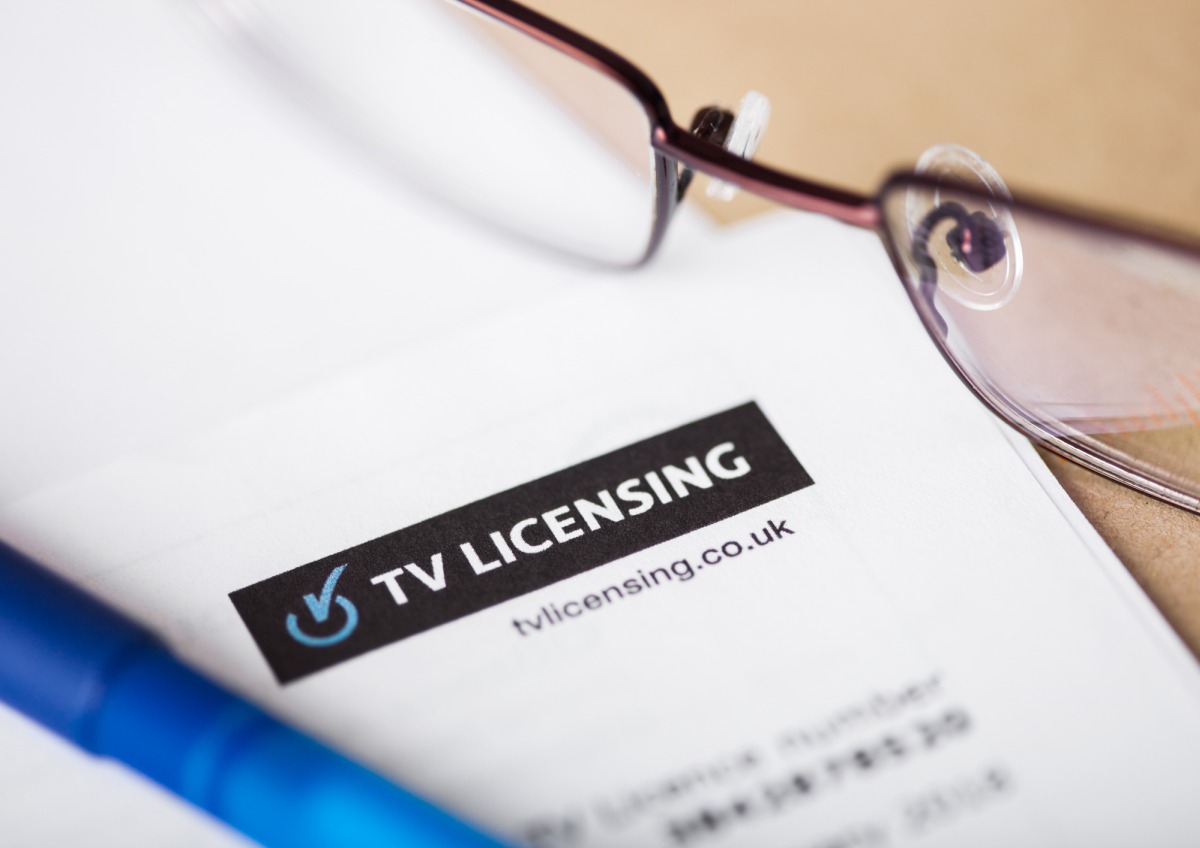
Standing at £159/year (having been frozen for two years), the fee is required by anyone watching or recording live TV broadcasts, any BBC content, or BBC iPlayer, regardless of the device or method used.
This includes watching any live TV from any broadcaster, even international ones. If you only watch on-demand content such as Netflix, Disney+ or ITVX (except for iPlayer) – you don’t need a TV Licence (see our full guide on who needs to pay the TV Licence fee).
TV Licence Fee Petition: The Government’s Response
The government’s response to the petition begins with a strong affirmation of the BBC’s role as a “great national institution,” highlighting its unique contribution to the UK’s creative industries and its importance in providing high-quality and impartial news through the World Service.
The government wants the BBC to have a “successful future,” but it also acknowledges that the corporation’s funding model faces “major challenges” due to the changing landscape of media consumption.
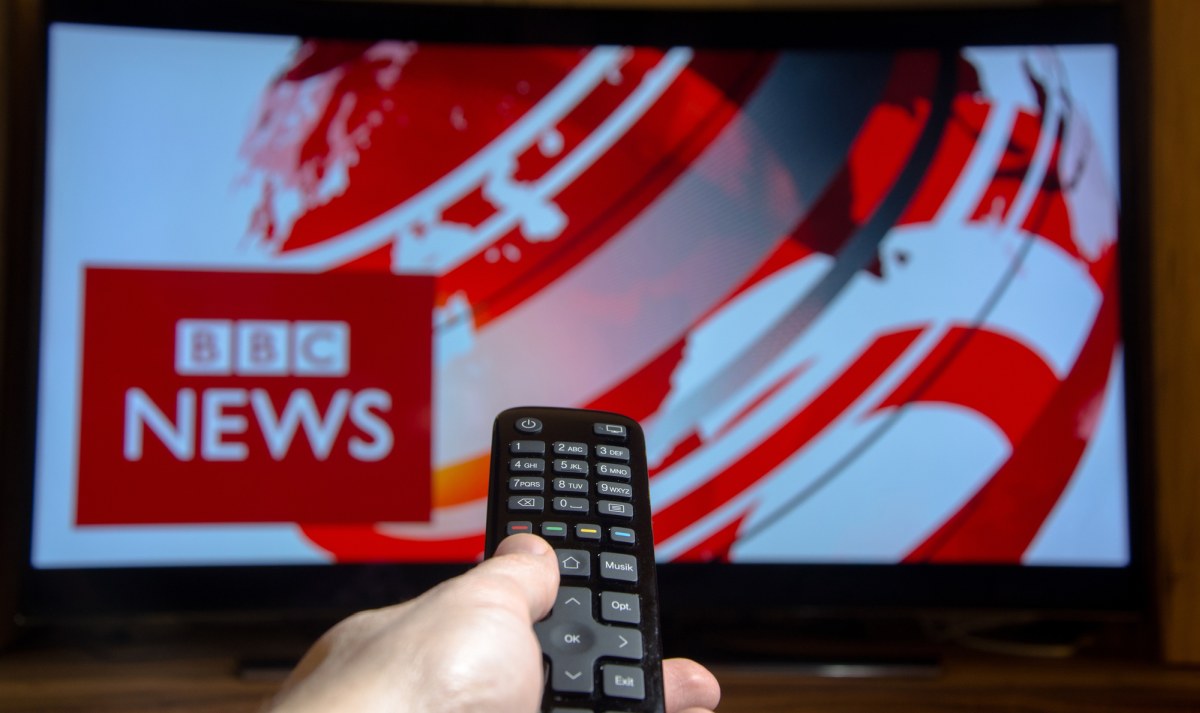
One of the key points in the government’s response is its commitment to the licence fee “for the rest of the current Charter” (which will run until December 31, 2027).
This suggests that any immediate abolition of the TV Licence fee is unlikely, despite the petition’s call for such action.
However, the government does note that technology has “revolutionised how, when, and where audiences can access and watch content,” indicating an awareness of the challenges posed by streaming services like Netflix and Disney+.
The government also touched upon the issue of public sentiment towards the TV Licence fee. It acknowledged that “an increasing number of households are choosing not to hold a TV licence,” which poses “clear challenges on the horizon to the sustainability of the licence fee.”
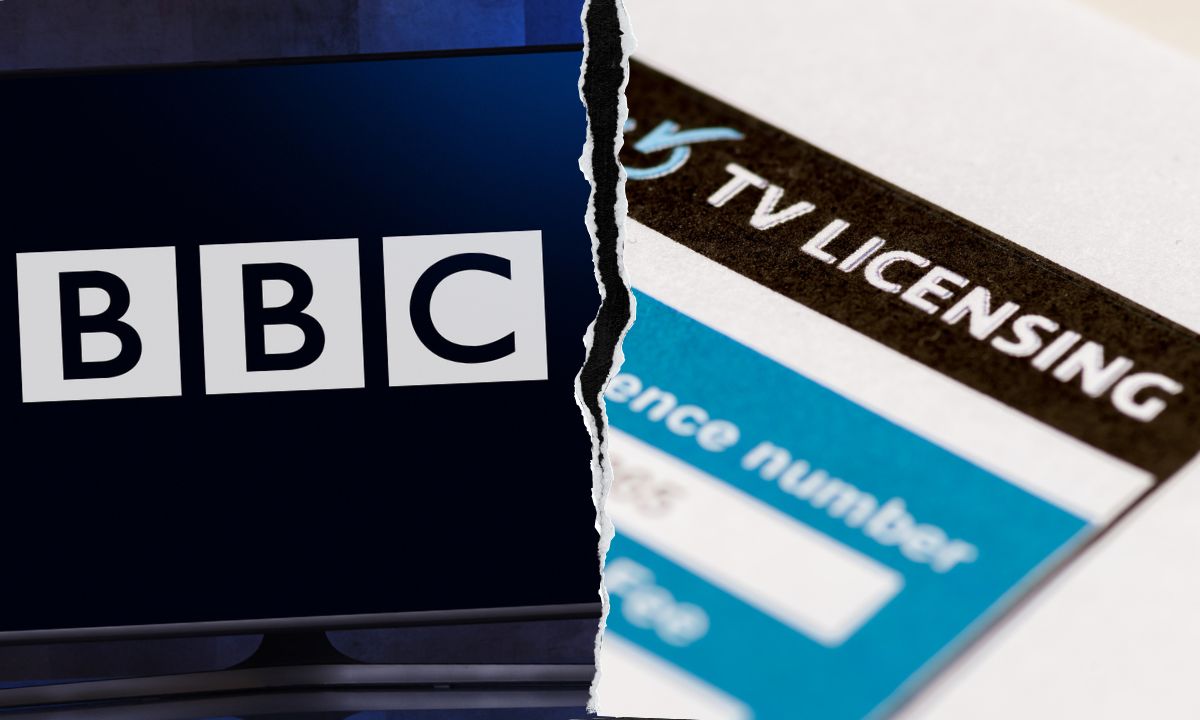
This is a significant point, especially in light of our previous reports that showed the estimated rate of TV Licence fee evasion for 2022/23 reached 10.31%, the highest since 1995.
Criminal Sanctions: A Change Is Coming?
The topic of criminal sanctions for TV Licence fee evasion has been a hot-button issue for years, and the government’s response to the petition has only intensified the debate.
The government’s new stance, calling these sanctions “increasingly disproportionate and unfair,” marks a significant departure from its earlier position.
Previously, Culture Secretary Oliver Dowden had expressed concerns that decriminalising the fee would send a signal that it’s acceptable not to pay.
In 2020, the government opened a consultation on the decriminalisation of TV licence evasion, revealing a complex landscape of public opinion.
In its response to the petition, the government talks about that consultation:
“The response showed that a significant number of people oppose the criminal sanction, with some highlighting the considerable stress and anxiety it can cause for individuals – including the most vulnerable in society.
The consultation also found that changing the sanction for TV licence evasion could have wide-ranging impacts for licence fee payers, as well as potentially leading to a significant increase in fines for those evading payment.”
Despite the strong opposition to criminal sanctions and the stress they cause, especially among vulnerable groups, the government decided not to make any changes at that time, opting instead to keep the issue under review.
The Gender Disparity
One of the most alarming aspects of the criminal sanctions is the gender disparity in prosecutions. According to past reports, 18% of all female criminal prosecutions in 2021 were for non-possession of a TV Licence.

This is a staggering figure that has raised concerns about the fairness of the current system.
The government’s response to the petition also highlighted this issue, stating that they are “particularly concerned by the ongoing disparity in the proportion of sanctions against women, with women making up 75% of all TV Licence evasion convictions.”
The issue of criminal sanctions becomes even more pressing when you consider the rising rates of TV Licence fee evasion.
As we’ve previously reported, the estimated evasion rate for 2022/23 reached 10.31%, up from 9.38% in the previous year. This is the first time since 1995 that the estimated rate of evasion has exceeded 10%.
This increase represents a significant loss in revenue for the BBC, with the estimated loss amounting to around £430 million.
The government’s acknowledgement of this “clear challenge on the horizon” indicates a willingness to address the issue head-on.
The BBC’s Enforcement Strategies
The BBC has been proactive in its efforts to combat licence fee evasion, employing a range of enforcement activities to ensure compliance.
Individuals who do not pay for a TV Licence receive targeted communications encouraging them to do so, and potentially a visit from an enforcement officer.

If the licence fee remains unpaid, the individual may be prosecuted and fined up to £1,000. In rare cases, where the person does not pay the court’s fine, they may end up in jail.
However, the number of prosecutions for TV Licence fee evasion has seen a significant decrease in recent years, falling from around 114,000 in 2019 to 40,220 in 2022.
This decline can be attributed to a combination of factors, including the COVID-19 pandemic, which had a significant impact on enforcement activities.
The BBC’s Assistance Plans
In an attempt to make the system more equitable, the BBC has recently introduced measures like the Simple Payment Plan and a dedicated ‘Payment Solutions Team’ to assist those struggling to pay the TV Licence fee.
While these are commendable steps, they don’t address the core issue: the criminal sanctions associated with TV Licence fee evasion.
The government’s response to the petition suggests that these sanctions may be reconsidered, but what form that will take remains to be seen.
TV Licence Fee Alternatives: What Are the Options?
One of the most frequently mentioned options is shifting from a licence fee to a subscription-based model for the BBC.
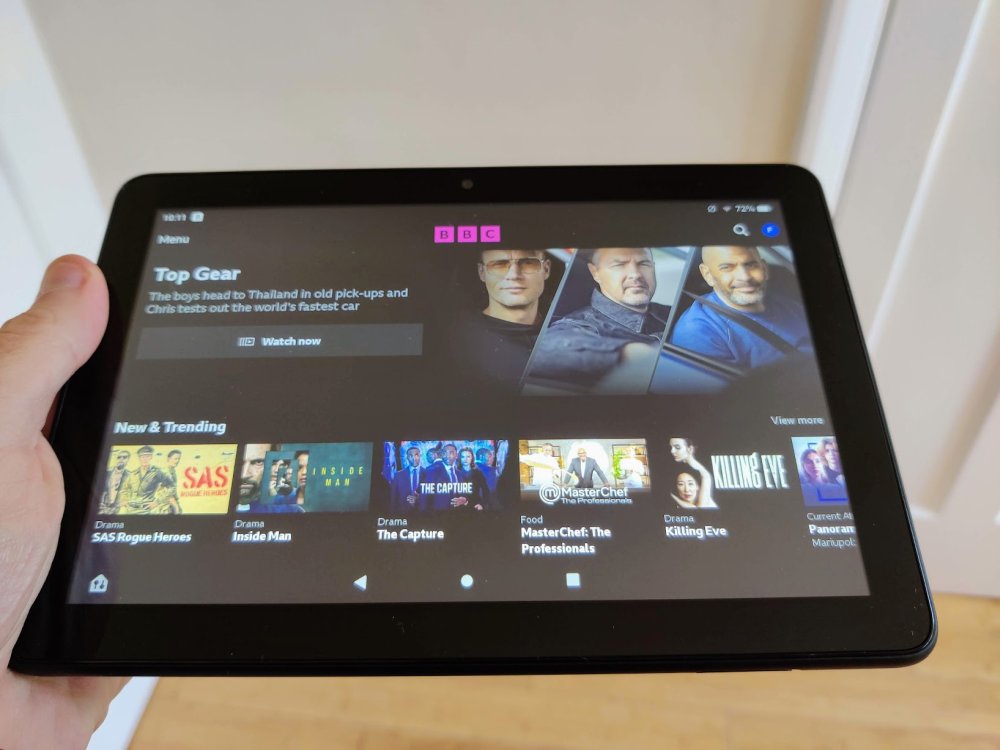
In one of our previous articles, we delved into the government’s consideration of a BBC subscription-based model as a potential alternative to the TV Licence fee.
The idea has gained traction due to the rise of streaming services like Netflix and Prime Video, which operate on subscription models and have been wildly successful.
A subscription-based BBC would fundamentally change the way the corporation is funded, potentially allowing viewers to opt-in or opt-out of BBC services.
However, a subscription model also poses challenges. The BBC provides a wide range of services beyond just TV programming, including radio and online content.

Determining how to fairly price and package these services would be a complex task.
Additionally, a subscription model could potentially limit access to quality programming and news services for those who can’t afford to subscribe, undermining the BBC’s public service mandate.
The Ad-Funded Model
Another alternative that has been discussed is an ad-funded model, similar to commercial broadcasters like ITV and Channel 5.
While this could generate revenue for the BBC, it also comes with its own set of challenges.
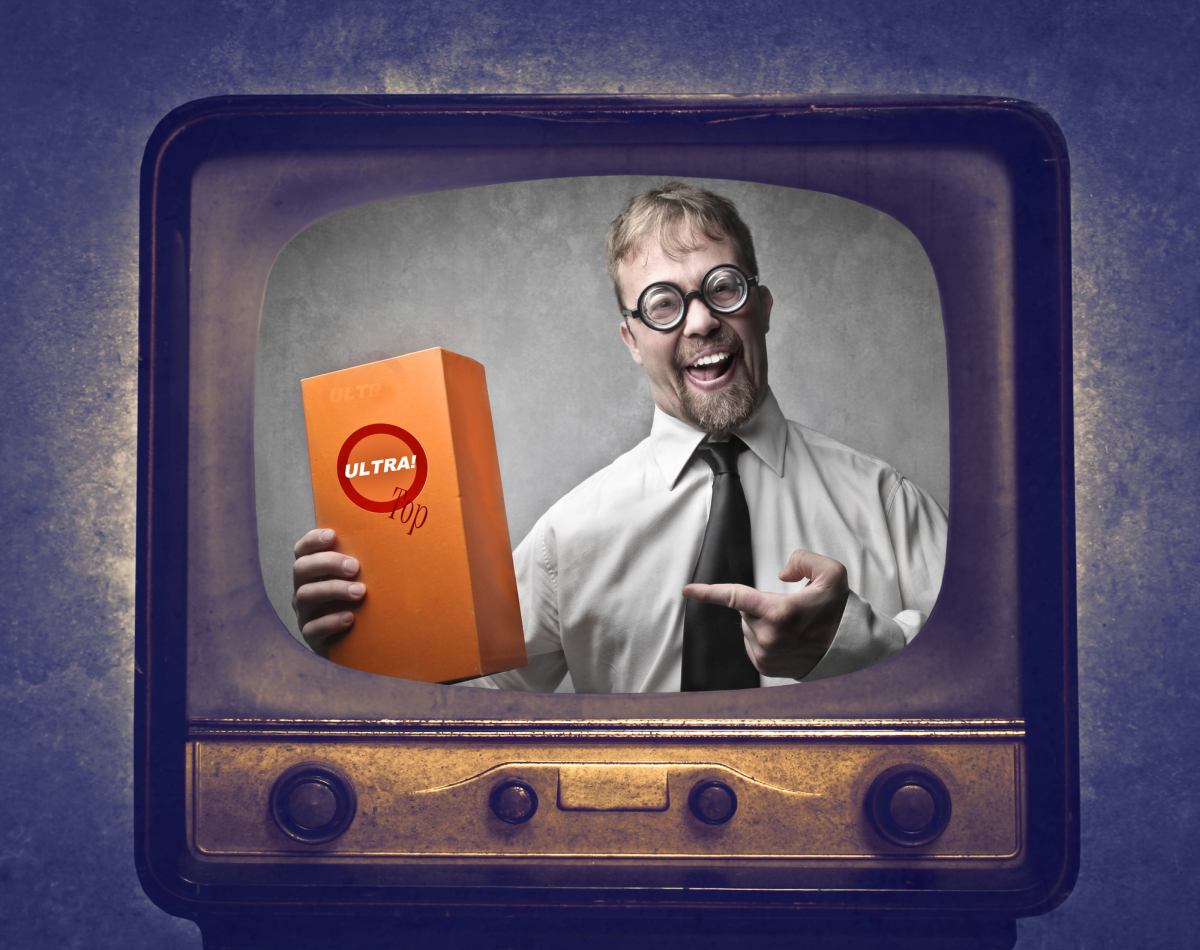
Advertising could compromise the BBC’s editorial independence and its commitment to providing impartial news.
Moreover, an ad-funded model could put the BBC in direct competition with other commercial broadcasters, disrupting the current ecosystem.
Hybrid Models: The Best of Both Worlds?
There’s also the possibility of a hybrid model that combines elements of both subscription and advertising.
This could provide a more flexible funding structure, allowing the BBC to maintain its public service commitments while also generating additional revenue.
However, implementing such a model would be complex and would require careful consideration of how to balance the BBC’s various roles and responsibilities.
The government’s response to the petition calling for the abolition of the TV Licence fee indicates that it is “considering all possible future funding options to ensure the BBC’s long-term sustainability.”
This could mean that alternative models like subscription or advertising may be seriously considered in the upcoming review of the BBC’s funding model.
For more news and updates about TV and streaming, Subscribe to our free newsletter.

“Advertising could compromise the BBC’s editorial independence and its commitment to providing impartial news.” If anyone thinks the BBC is impartial they’re living in cloud cuckoo land. It’s always been a propaganda machine of the government, even long before television came along.
“Advertising could compromise the BBC’s editorial independence and its commitment to providing impartial news” Blimey, have they been watching the same BBC as the rest of the country? They are a present day dinosaur and I’m just hoping the government of the day do not impose some form of tax to keep them afloat, the people of this country are already taxed to the hilt as it is and if the BBC can’t survive, then they, like others, will just have to go under. I personally will not miss them in any shape or form.
I too believe that the subscription paying BBC channels is outdated and unfair. When the subscription was originally introduced it was for the few that could afford to have a television. Now the subscription is outdated and requires changing to a system that you pay for what you watch, that together with advertising on the television would be idea for most. I get so annoyed when you hear of all these wonderful salaries that the BBC staff and so called stars receive. Then you hear how much compensation has been paid out to people because of the BBC incompetence.
The licence needs to be scrapped now and go suscription. There are many better alternatives to the bbc and why can it be forced on people that don’t want it.
It’s an antiquated system that needs to be stopped now.
Would it not be best to cut down on ridiculous salaries , and start producing programmes that people actually want
Agree. Salaries are exorbitant, and it’s us that end up paying for it.
Not convinced of our ‘democracy’. All too often government petitions are simply dismissed, no matter how large the support.
The BBC owns a multitude of satellite channels that it allows advertising on and gains an income from these so why are we paying for them ? None of the monies go directly to the other channels and lets face it they produce better content than the BBC anyway.
Time for the licence fee to go and the beebs fat cats to get a real job and stop pouncing of those who can least afford it. They already reneged on the over 75 policy who now become an easy target for the doorstep bully boy “enforcers”
They are not ‘Enforcers’ they are only salesmen / saleswomen with no power wharsoever.
In my opinion the BBC needs to be honest about their impartiality with their news reporting instead of always backing left wing views and backing any & every non Brexit remain views and every woke agenda that can be found.
Excellent point well made!